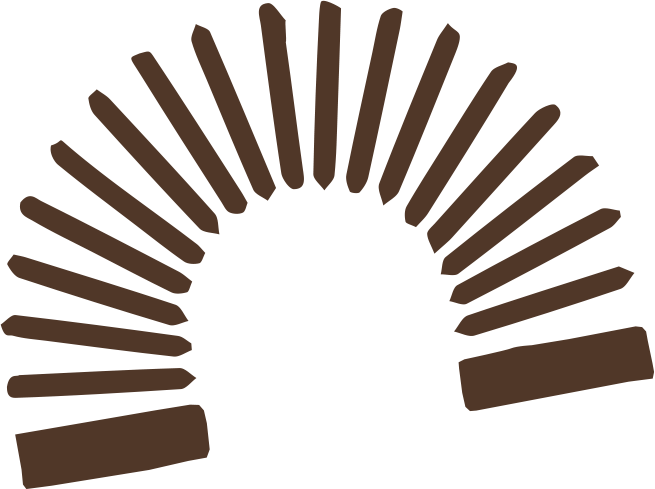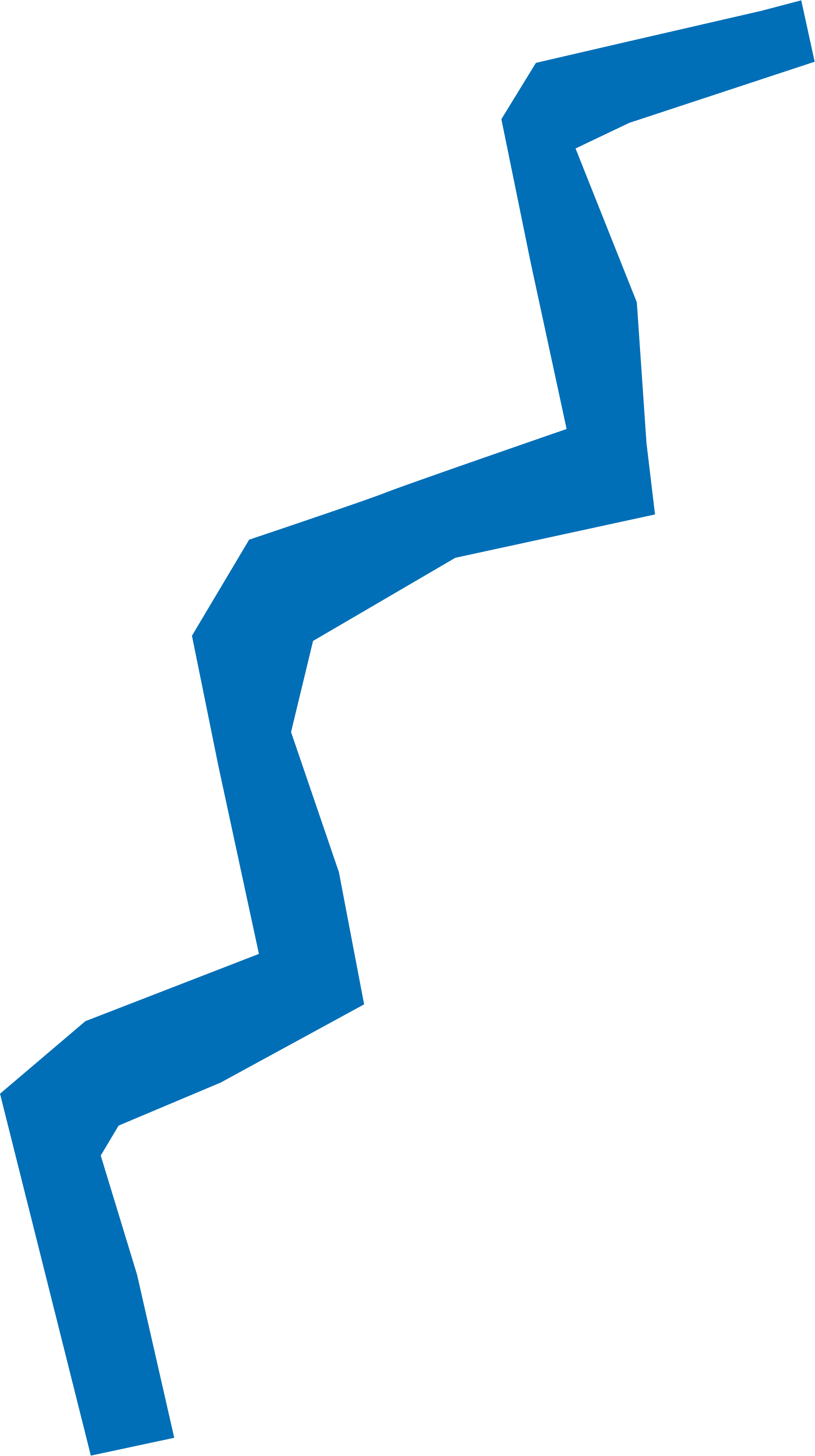
Music is an incredibly powerful tool to engage and transform. At Brass for Africa, we use music to champion our 4 Key-Strategic Goals of Workforce Readiness, Community Empowerment, Disability Inclusion and Gender Equality.



According to the UN, Community Empowerment is “a process of enabling people in a community to increase control over their lives, to gain control over the factors and decisions that shape their lives, to increase their resources and qualities and build capacities to gain access, partners, networks, a voice, to gain control”.
I know you might be asking yourself: how does this apply to Brass for Africa’s work? Find out more about our Community Empowerment key-pillar through this Q&A with Victor, one of our Music and Life-Skills Teachers in Uganda, and Andrea Berbegal our Director of Development in London.
Q1. How would you describe Community Empowerment as a strategic key pillar at Brass for Africa?
Answer: Let us start by explaining what a community is. A community is a society where people live and share a common language or culture, even though they may be coming from different places.
Well, at Brass for Africa, since we are operating in a community where there are people from different backgrounds, ethnicities and cultures, we really feel that we should be aware of the difficulties that our beneficiaries face. This way we can support them and their communities, and create positive social change.

Q2. Could you extend on this – how exactly does Brass for Africa support communities?
Answer: First, let’s talk about support on an individual level. The majority of the children and young people that we work with face extremely challenging daily lives – they are street children, orphans, young people with disabilities, or young girls who are mothers before they’ve had a chance to grow up. As part of our Life-Skills Curriculum, we equip our participants with 8-key transferable skills that will enable them to go back and address community push factors. For example, when teaching “Communication”, they have learnt how to gain the confidence to speak up and voice their concerns. Since acquiring these skills, we have noticed incredible changes in their ability to show resilience, speak up and report important information such as cases of sexual abuse, discrimination, child neglect, rubbish disposal and so forth.
As such, Community Empowerment has also helped to improve the performance of our participants. For example, at first, they would be too scared to ask questions in class – they thought that other people could laugh at them! But since being part of our Music and Life-Skills lessons, their grades in school have highly improved because they now believe in themselves and are not scared to raise their hands up if they are struggling!
Finally, we also support communities by providing multi-level engagement such as regular performances, workshops and important events. These are crucial in inspiring the next generation to join Brass for Africa and take part in our programmes, and in tackling key factors such as HIV/AIDS, gender equality, disability inclusion and children’s rights to education amongst other topics.
Q3. Why do you think it’s important to empower communities?
Answer: Empowering communities, and partnering with local leaders, also helps create awareness for the safety and the rights of children in the areas where we work in. It also helps in tackling key issues such as HIV/AIDS stigma, gender inequality, and other push factors.
For example, last month in Kalangala – located in one of Uganda’s islands with the highest cases of HIV/AIDS – participants from our Music & Life-Skills programme took part in the local radio programme. They were able to address issues such as HIV/AIDS Knowledge, parental abuse, and forced early marriages in the community. This came as a result of imparting the Life-Skills Programme and believing that you can impact a change in your community.
So, empowering the community – especially the youth – helps reduce issues such as HIV/AIDS, gender inequality, child abuse and denying children rights to education and other push factors.
Q4. In which ways do you think Brass for Africa has achieved community empowerment?
Answer: Good question, let’s go back to the previous example about Kalangala.
The town of Kalangala, located in the Ssesse Islands, has the highest percentage incidence of HIV infection in Uganda. According to the UN, it is estimated that 18% of the population is infected, compared to 7.3% nationally.
Last year, we partnered with the Mercury Phoenix Trust to deliver a comprehensive music education, life-skills training and HIV/AIDS awareness programme for disadvantaged children, adolescents and young people in the area. Through weekly training sessions and a partnership with the District Health Office, we have been able to make a significant contribution towards an AIDS-free generation and the reduction of stigma associated with the condition. In fact, our latest monitoring and evaluation process has confirmed that we have increased the comprehensive knowledge of HIV/AIDS amongst the youth to 72% from 50%, and reduced the stigma of those living with HIV/AIDS by an impressive 18%, from 34%.
By engaging beneficiaries and their communities on a weekly basis, Brass for Africa has been able to transform mindsets and create an informed and supportive community who are now knowledgeable about HIV/AIDS. We have also demonstrated to community leaders the possibilities and the potential in using music as a tool to develop essential life skills and create social interventions to reverse the cultural beliefs and effects of HIV/AIDS.
Community empowerment has also helped to improve the performance of our participants, for example, they would fear to ask questions in class when they are studying mathematics, English and other subjects, the reason being they thought that other people could laugh at them. But when we teach them music and life skills, we tell them that “if you do not really understand something, do not feel ashamed to have that confidence to ask”. And they have transferred those skills and I think, when we see our participants’ grades in academic classes improving, we feel like we have achieved what we want.

Q5. What’s next? Any new plans for the future?
Answer: Community Empowerment is a core value that we believe in and we are looking forward to continuing our life-transforming world and creating brighter futures through music.
Despite the pandemic, our impact this year has nearly doubled in size: from reaching 1000 children and young people a week to now just under 2000 across Uganda, Rwanda and Liberia.
One very exciting new partnership is our LAB Uganda Community Project in Bidi-Bidi refugee settlement, one of the world’s largest settlements homing 250,000 refugees – mostly women and children from the war in Sudan. This is a unique programme that we run in partnership with the UNHCR Uganda, Music CONNECTS, Music Power and the GIZ amongst other key partners.
We are proud to be tackling the refugee crisis and although this programme only launched in October 2021 we have already witnessed some incredible transformations amongst the participants. The best thing? Music is the key driver!
Author: Aisha Nassaazi. Aisha is one of the beneficiaries of our partnership with GLONEVA – a locally-led organisation based in the informal settlement of Namuwongo, Kampala. She is also a member of the Brass for Africa All-Stars Band and is currently a student at the African Institute of Music. During her summer break, Aisha is supporting Brass for Africa in collecting stories from the field and writing articles to share with our global audience!

